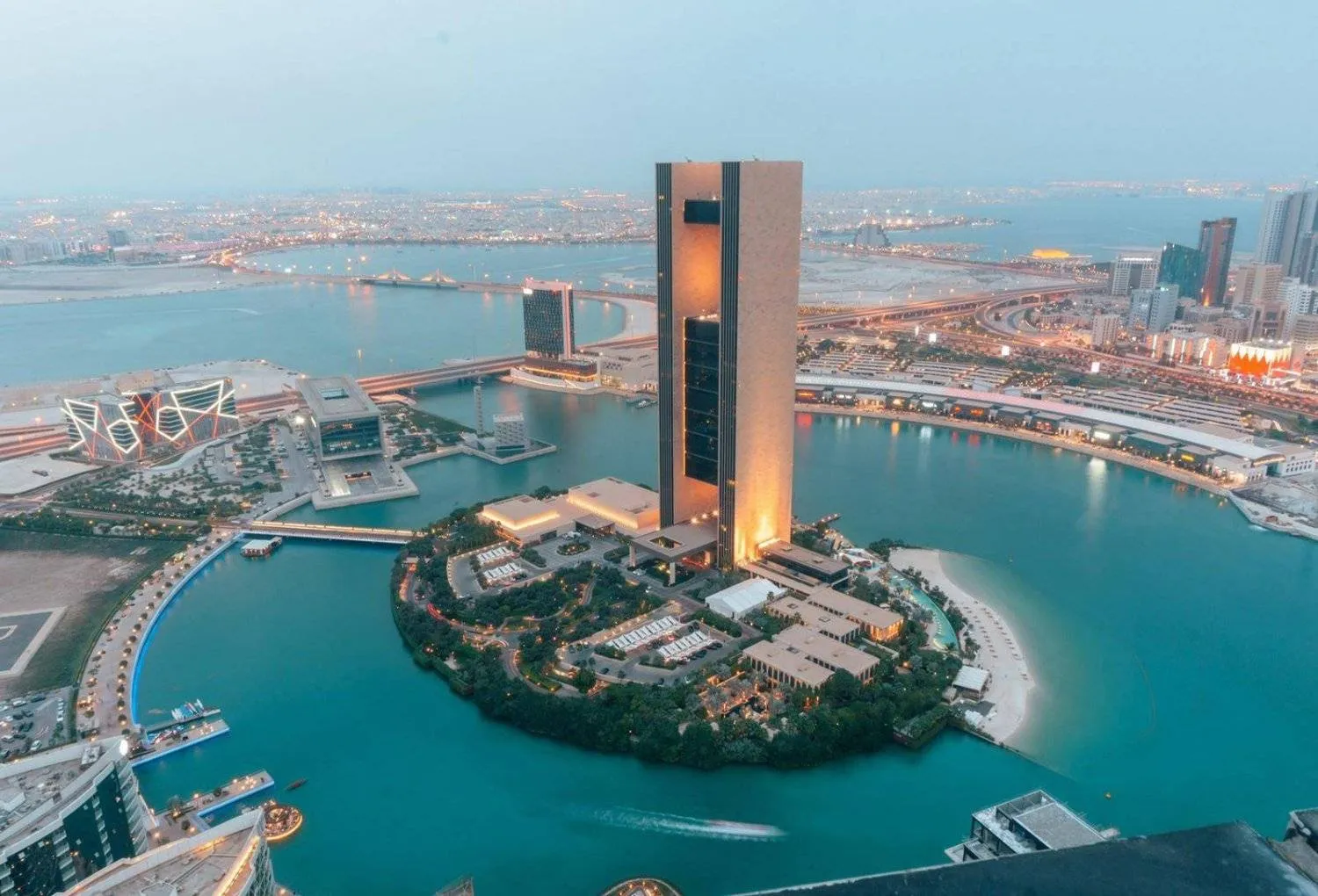The National Bureau for Revenue (NBR) in Bahrain said on Sunday it will impose a Domestic Minimum Top-up Tax (DMTT) on multinational enterprises (MNEs) operating in the country with global revenues exceeding 750 million euros.
NBR said the procedure comes in line with Bahrain’s Decree Law No. 11 for the year 2024 and is fully aligned with the Organization for Economic Cooperation and Development (OECD) guidelines.
The new framework will be effective January 1, 2025.
Eligible businesses are urged to register with the NBR before the deadline specified in the relevant legislation.
This strategic move builds on Bahrain’s proactive engagement with the OECD, dating back to 2018 when it joined the Inclusive Framework and endorsed the groundbreaking two-pillar reform, explained the Bureau.
To date, over 140 jurisdictions have signed up for this international tax reform.
NBR said that as part of this two-pillar reform, the OECD established a Global Minimum Corporate Tax to ensure large MNEs pay a minimum tax of 15% on profits in each country where they operate.
With the introduction of the DMTT, Bahrain demonstrates its international commitment to global cooperation and its dedication to fostering a fair and level playing field in international taxation, the Bureau stressed.
It added that implementing this initiative aims to ensure that MNEs pay the minimum 15% tax on the profits generated in the Kingdom.









